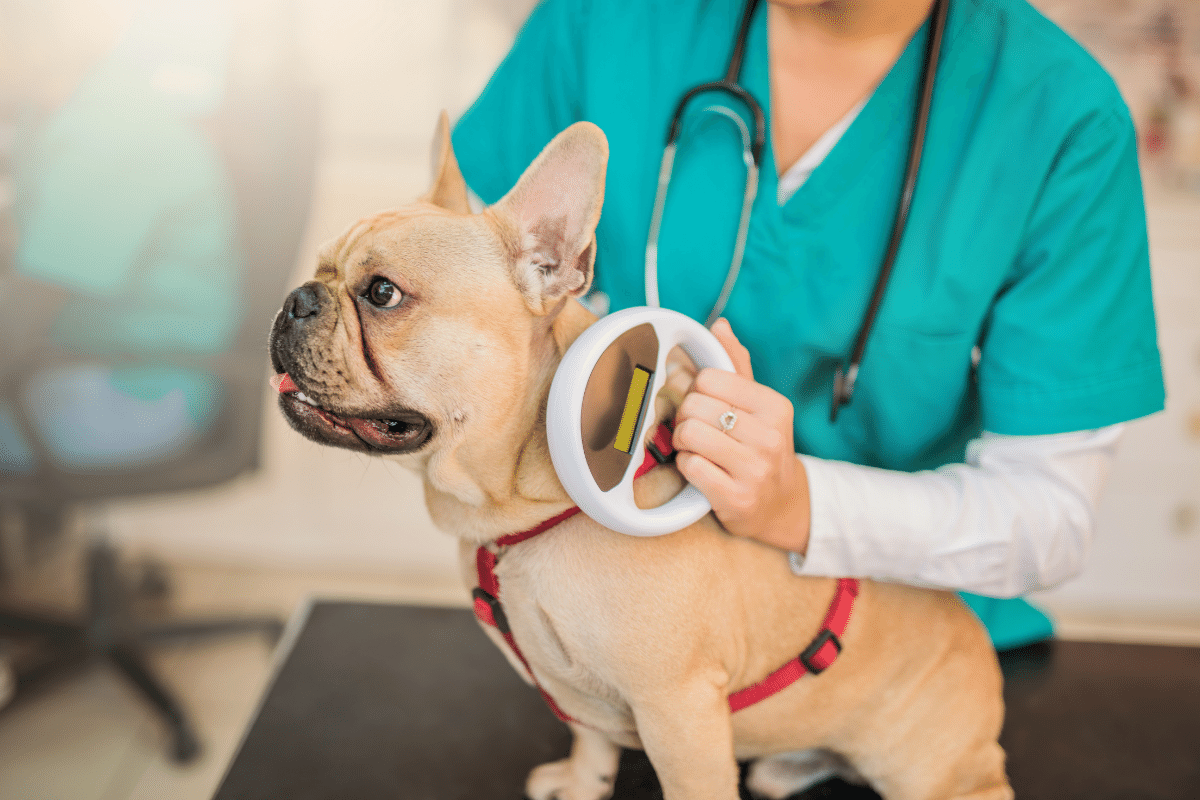When I adopted my ten-year-old little guy from the Oregon Golden Retriever rescue last year, he came with contracts, medical records, and most importantly a microchip. Should he ever go missing, his chip is registered with the rescue organization’s information, and of course to me. Millions of dogs and cats are found without any form of identification when their tags become lost, or they were never properly tagged in the first place. When you hear success stories of happy reunions with beloved pets more often than not it’s because they were microchipped. According to the American Veterinary Medicine Association, a study showed shelter pets outfitted with a microchip had a 74.1% higher success rate of being reunited with their owners versus those without one.
A microchip is a tiny device about the size of a grain of rice that is implanted with a hypodermic needle under the skin. It is as quick, and straightforward as a standard vaccine, and once in place should be registered with the owner’s contact information. Veterinary offices and ASPCA’s are equipped with handheld scanners that find the chip so they can access the unique ID number assigned to it. In an article by Petco Corporation, they advise that owners have their vet scan the chip once a year to ensure it is still in place, and still working correctly.
Should it be a substitute for a license or ID tag? No. Your dog must be licensed by the county, and it is required by law to prove the animal is up to date with its rabies vaccine. Failure to comply may result in a fine, and/or impound fees. My local shelter has a program in place to give licensed pets a free ride home should they go astray. Licensing fees and the minimum required age of your pet may vary by state. An identification tag with the name and telephone number is a necessity in case someone without access to a chip scanner finds your pet, and it’s also the fastest way to reunite pets with their people.
The average cost of microchipping is around $25-$50, and the great part about it is once it’s in place, it’s in there permanently. I subscribe to the school of “My Kids Have Paws”, and my home is certainly not home without my little man around, and then added insurance of a microchip is definitely peace of mind.



